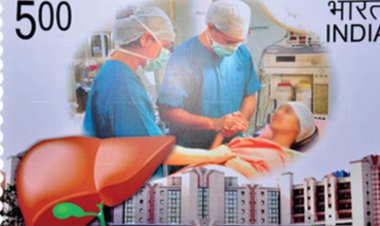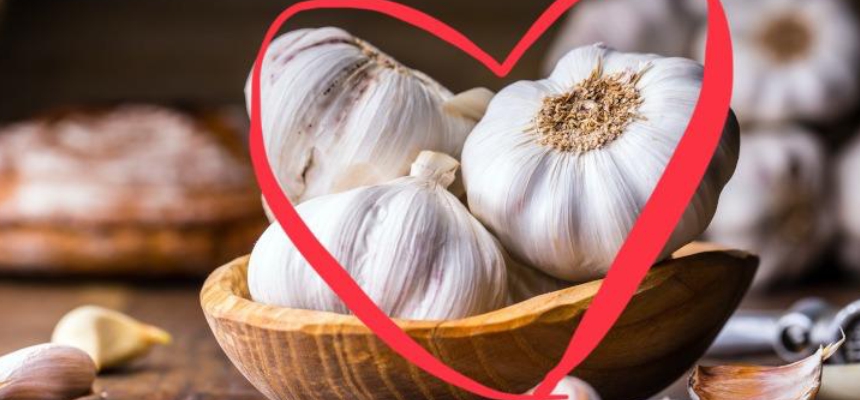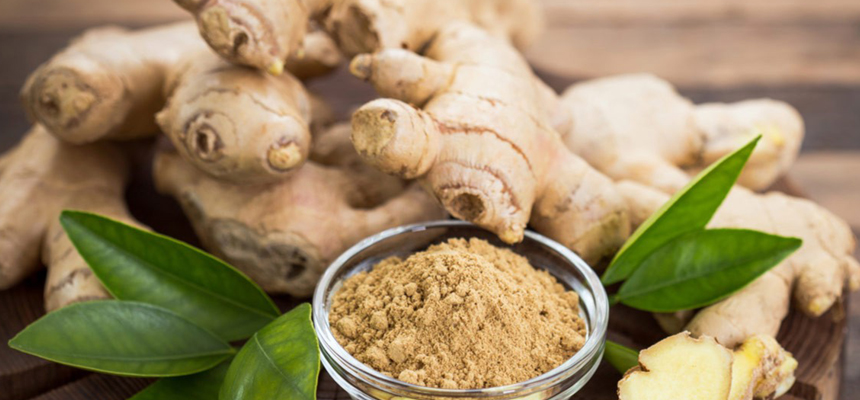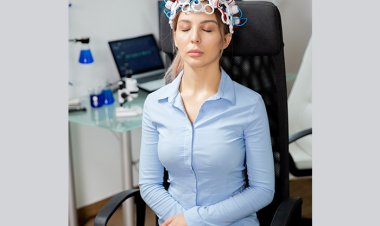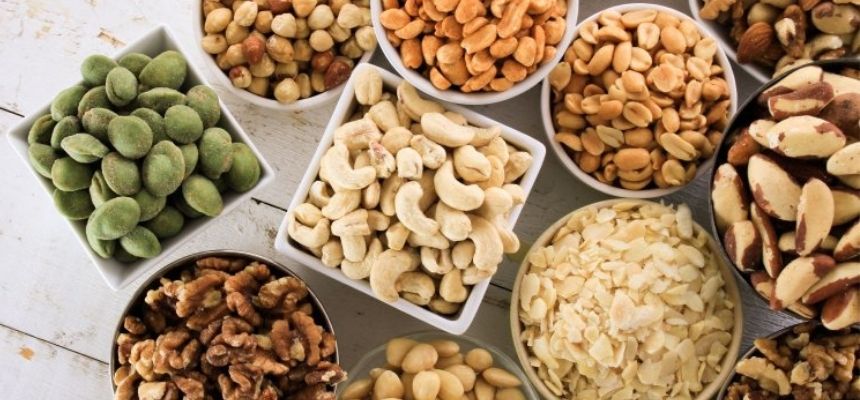PCOS On The Rise In Urban India

The deadly combination of stress, pollution, junk diet and sedentary lifestyle is causing Polycystic Ovary Syndrome in 20 to 25 percent of the women in India according to a study carried out by All India Institute of Medical Sciences. The study conducted by the endocrinology and metabolism department of AIIMS found that out of the 10 women diagnosed with this condition six are teenage girls.
One in every ten women who were coming to clinics had difficulty conceiving because of the problem. PCOS is the development of cysts whereby the ovaries are unable to release eggs on time. Due to this, the follicles keep growing in the uterus and form multiple cysts which appear like a ‘string of pearls’.
Earlier it was stated that women were likely to develop PCOS if their mother or sister suffered from this condition. But with the number of women coming to gynaecology centres and also endocrinology department the problem is no longer of the genes.
Dr Manjula Anagani, senior gynaecologist, explains, “There are two types of PCOS – lean and obese and the obese one is very common in India. In this, there is a vicious cycle of hormonal disarray wherein small cysts develop in the ovary. When that happens, the first sign is acne, abnormal hair growth on the sides of the face, chin, back and also weight gain.”
This happens when the stress increases in the body and stress hormones are released which clash with the ovarian and thyroid hormones inhibiting their action of the menstrual cycle. Women suffering from PCOS are found to have higher than normal insulin levels. The increase in the level of insulin makes the ovaries produce more androgens such as testosterone.
Dr Saroja Koppala, infertility specialist, explained, “Young girls suffering from PCOS are vulnerable to other health complications like hypertension, anxiety, sleep apnea and early onset of diabetes hence it must be treated properly. Presently, the treatment module is 50 per cent of the medicines and 50 per cent of lifestyle modification. Exercises like aerobics, gym exercises, skipping and cycling are found to help and bring in the required correction in the menstrual cycle.”
Timely intervention and appropriate treatment is important to cure this problem as menstrual cycles in women help to maintain the glucose level.
What Else You Should Know
![]() Losing 10 to 15 percent of body weight has helped women deal with this problem effectively.
Losing 10 to 15 percent of body weight has helped women deal with this problem effectively.
![]() Maintain a healthy and active lifestyle.
Maintain a healthy and active lifestyle.
![]() Consume fibre rich foods like cauliflower, spinach. Opt for nuts like almonds and walnuts and also foods which are rich in omega-3 fatty acids.
Consume fibre rich foods like cauliflower, spinach. Opt for nuts like almonds and walnuts and also foods which are rich in omega-3 fatty acids.
![]() Divide the 3 time-meal into 5 times and keep portion sizes very small.
Divide the 3 time-meal into 5 times and keep portion sizes very small.
![]() Carry out physical activity for 30 minutes a day at least five days in a week.
Carry out physical activity for 30 minutes a day at least five days in a week.
![]() If PCOS is not treated properly it can lead to infertility, insulin resistance, diabetes mellitus and cardiovascular diseases.
If PCOS is not treated properly it can lead to infertility, insulin resistance, diabetes mellitus and cardiovascular diseases.
![]() Young girls and adult women must be concerned if there is an infrequent flow of menstrual blood leading to less than 12 cycles per year.
Young girls and adult women must be concerned if there is an infrequent flow of menstrual blood leading to less than 12 cycles per year.

 Disclaimer: Welthi.com does not guarantee any specific results as a result of the procedures mentioned here, and the results may vary from person to person.
Disclaimer: Welthi.com does not guarantee any specific results as a result of the procedures mentioned here, and the results may vary from person to person.

